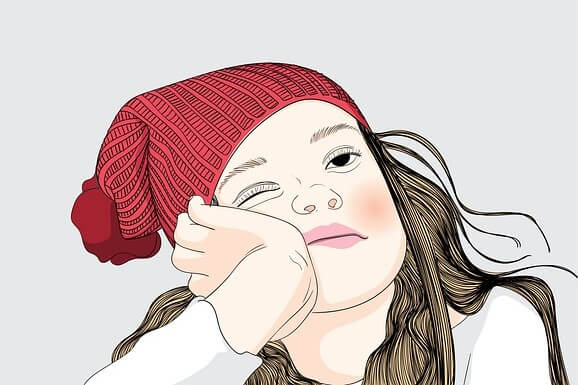Researchers at Mass General Brigham have conducted a groundbreaking study that demonstrates the effectiveness of subanesthetic intravenous ketamine as a treatment for non-psychotic, treatment-resistant depression. The study, published in the New England Journal of Medicine, shows that ketamine is not inferior to electroconvulsive therapy (ECT) in treating this challenging form of depression.
ECT has long been considered the gold standard for severe depression treatment. However, it has drawbacks such as memory loss, the need for anesthesia, and the associated social stigma. Dr. Amit Anand, the director of Psychiatry Translational Clinical Trials at Mass General Brigham, explains, “This is the largest study comparing ketamine and ECT treatments for depression that has ever been done, and the only one that also measured impacts to memory.”
Major Depressive Disorder (MDD) affects millions of adults in the United States and is a leading cause of disability worldwide. ECT involves inducing a seizure through electrical stimulation of the brain, while ketamine is a low-cost dissociative drug approved by the FDA for sedation, pain relief, and general anesthesia. Previous studies have indicated that low doses of ketamine may have rapid antidepressant effects for individuals with MDD.
The trial, conducted from March 2017 to September 2022 at five sites, involved 403 patients who were randomized to receive either ECT three times per week or ketamine twice per week for three weeks. Patients were followed for six months after treatment, and their self-reported depressive symptoms, memory tests, and quality of life were assessed through questionnaires.
The results revealed that 55 percent of those receiving ketamine and 41 percent of those undergoing ECT reported at least a 50 percent improvement in their self-reported depressive symptoms and sustained improvement in their self-reported quality of life over the six-month monitoring period. ECT treatment was associated with memory loss and musculoskeletal adverse effects, while ketamine treatment showed no side effects other than transient dissociation during treatment.
Dr. Murat Altinay, a psychiatrist and lead researcher at the Cleveland Clinic, highlights the significance of the study, stating, “This study shows us that intravenous ketamine was non-inferior to ECT for the treatment of non-psychotic treatment-resistant depression and could be considered as a suitable alternative treatment for the condition.”
This study, the largest real-world comparative effectiveness trial of ECT vs. ketamine to date, adopted a patient-centered approach, incorporating multiple independent depression ratings and no active recruitment of participants. Although the findings rely on self-reported outcomes and the trial’s open-label design could have influenced response rates, the patient-centeredness and real-world nature of the study enhance its potential for direct translation into clinical practice.
Dr. Anand and his team are now working on a follow-up study comparing ECT and ketamine treatments for patients with acute suicidal depression, aiming to assess the impact of these treatments on this specific population.
Dr. Anand expresses optimism for patients with treatment-resistant depression, stating, “With this real-world trial, the results are immediately transferable to the clinical setting,” and emphasizes the importance of expanding treatment options for individuals who continue to suffer from this debilitating condition.

